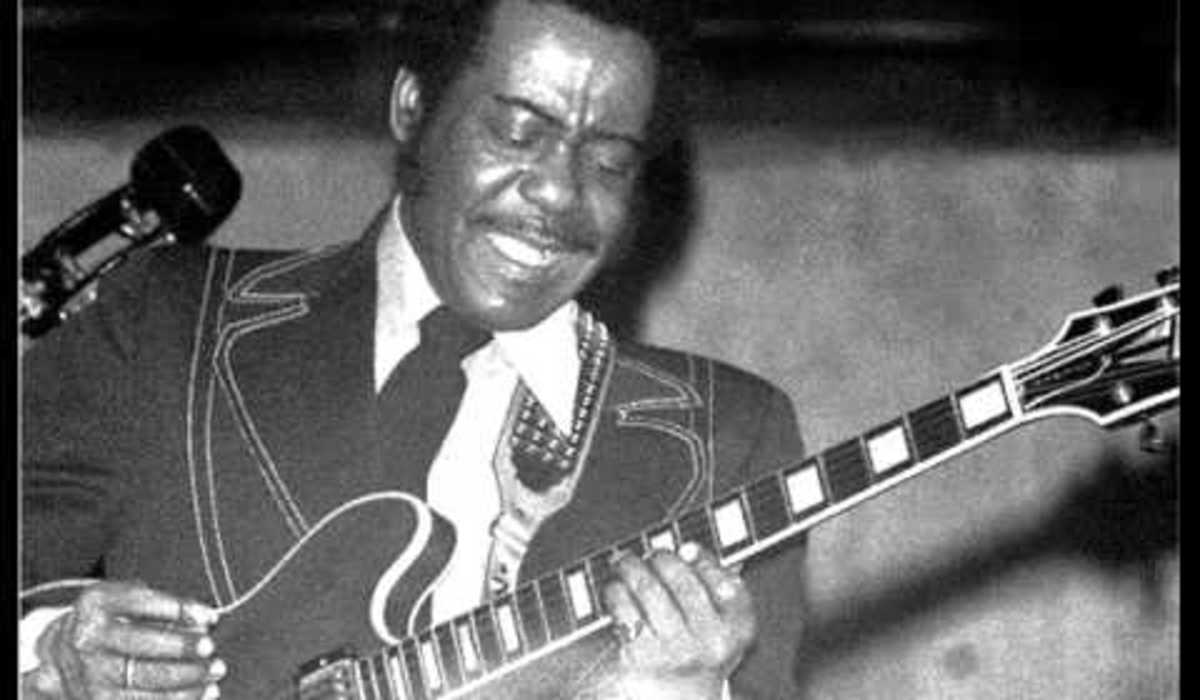Eddie Taylor, a pioneer of the Chicago blues sound, was born on January 29, 1923, in Benoit, Mississippi. Known for his understated yet powerful guitar style, Taylor’s contributions to the blues genre were immense, influencing countless musicians while quietly shaping the music of his time.
Early Life and Musical Beginnings
Growing up in the Mississippi Delta, Eddie Taylor was surrounded by the rich sounds of traditional blues. He began playing the guitar at an early age, drawing inspiration from Delta greats such as Charley Patton and Son House. In his teenage years, Taylor developed his unique style, blending rhythmic precision with melodic grace. This foundation would later define his career.
Move to Chicago and Career Growth
In the early 1940s, Taylor moved to Chicago, where he quickly became a central figure in the burgeoning blues scene. The post-war Chicago blues movement was dominated by electrified instruments, and Taylor’s versatile guitar work fit perfectly into this evolving soundscape.
Though Taylor often played as a sideman, his work was pivotal to the success of many iconic artists, including Jimmy Reed, for whom he played lead guitar on numerous hits. Tracks like “Big Boss Man” and “Bright Lights, Big City” are prime examples of Taylor’s subtle yet indispensable contributions.
Solo Career
In 1955, Taylor stepped into the spotlight with his debut single, “Bad Boy,” released on Vee-Jay Records. The song showcased his smooth vocals and signature guitar riffs, becoming a classic in its own right. Taylor continued to release music as a solo artist throughout the 1950s and 1960s, earning a dedicated fanbase while maintaining his role as a sought-after collaborator.
Legacy and Influence
Eddie Taylor’s influence on the blues cannot be overstated. His intricate yet understated guitar style served as a blueprint for generations of musicians. Artists like Buddy Guy, Magic Sam, and his son Eddie Taylor Jr. have all cited him as a key inspiration.
Despite his significant contributions, Taylor remained modest and soft-spoken about his achievements. This humility earned him the respect of his peers and fans alike.
Personal Life and Later Years
Taylor married blues vocalist Vera Taylor, and together they became a cornerstone of the Chicago blues community. His family continued his musical legacy, with his children also pursuing careers in blues music.
Eddie Taylor passed away on December 25, 1985, leaving behind a rich musical heritage. His recordings continue to inspire and resonate with blues enthusiasts worldwide.
Honoring a Blues Pioneer
Eddie Taylor may not have always been in the limelight, but his role in shaping the Chicago blues sound is undeniable. Whether through his work with legendary artists or his solo recordings, Taylor’s artistry remains a testament to the power and soul of the blues.
Explore Eddie Taylor’s Music
Dive into Eddie Taylor’s discography and experience the magic of a true blues innovator. His music is available on streaming platforms, ensuring that his legacy continues to thrive.


Comments are closed